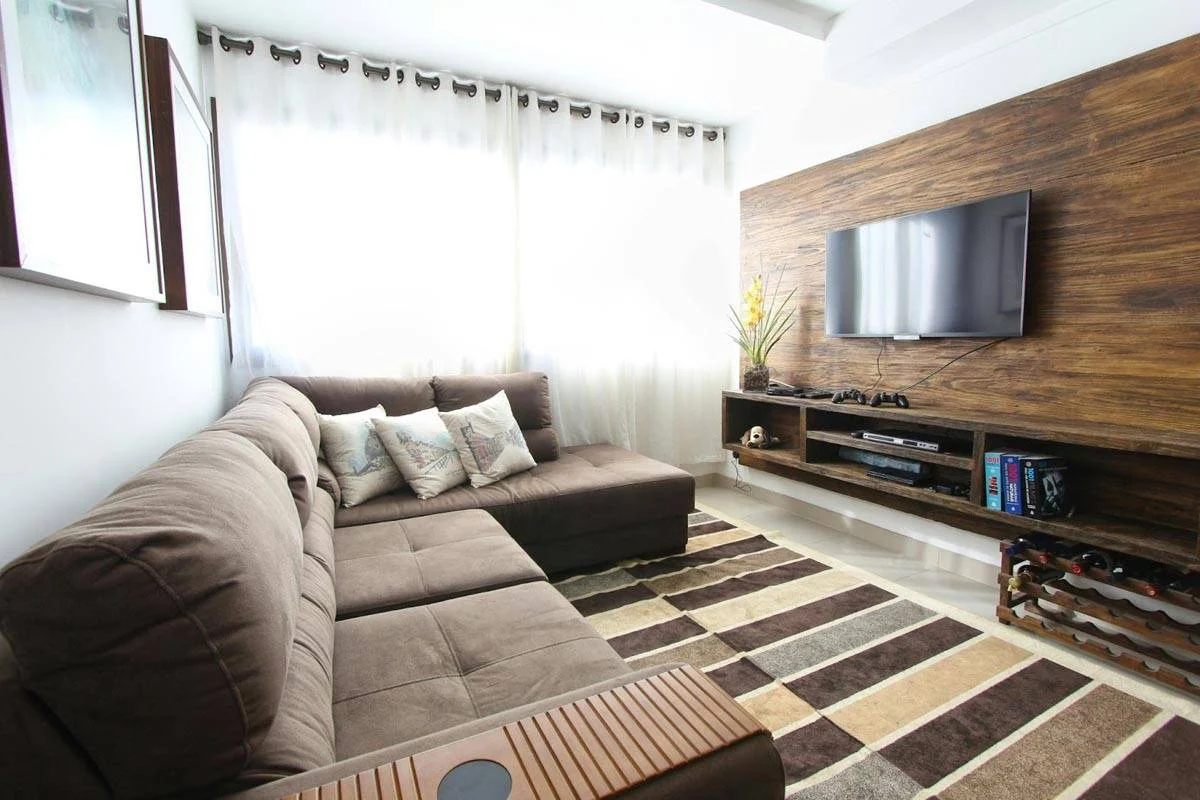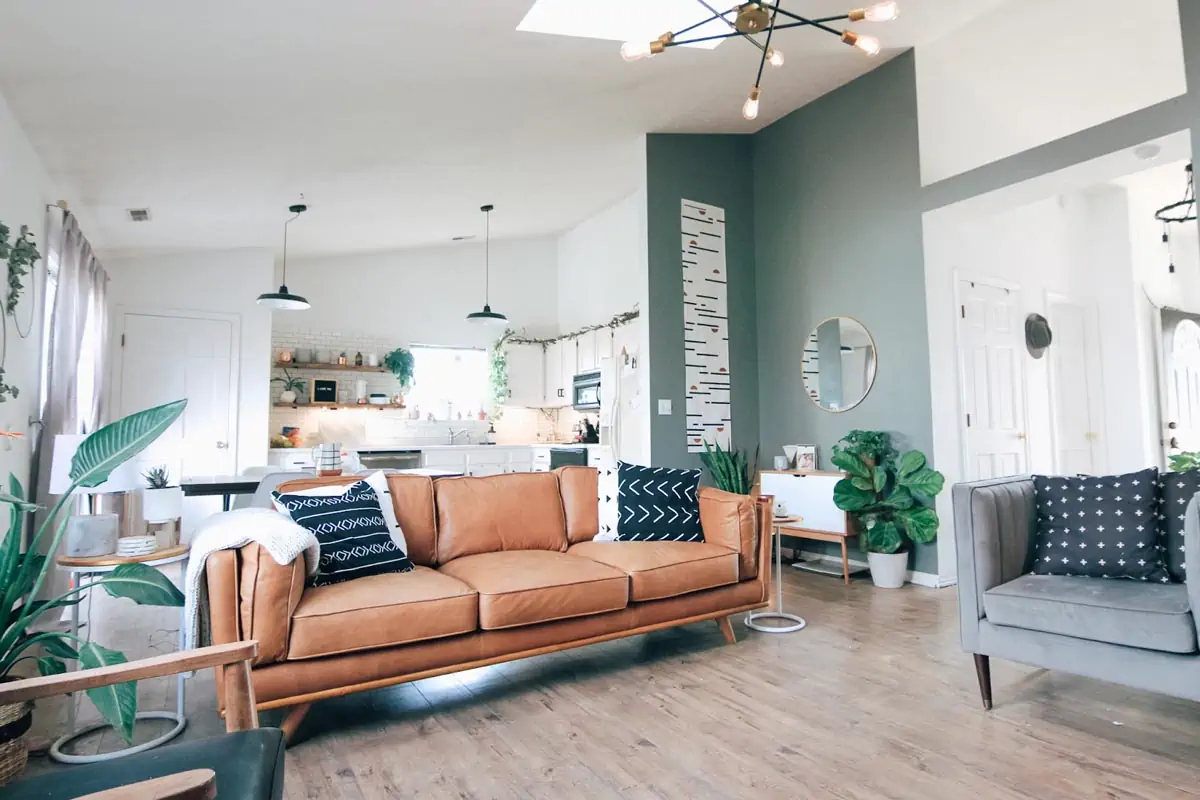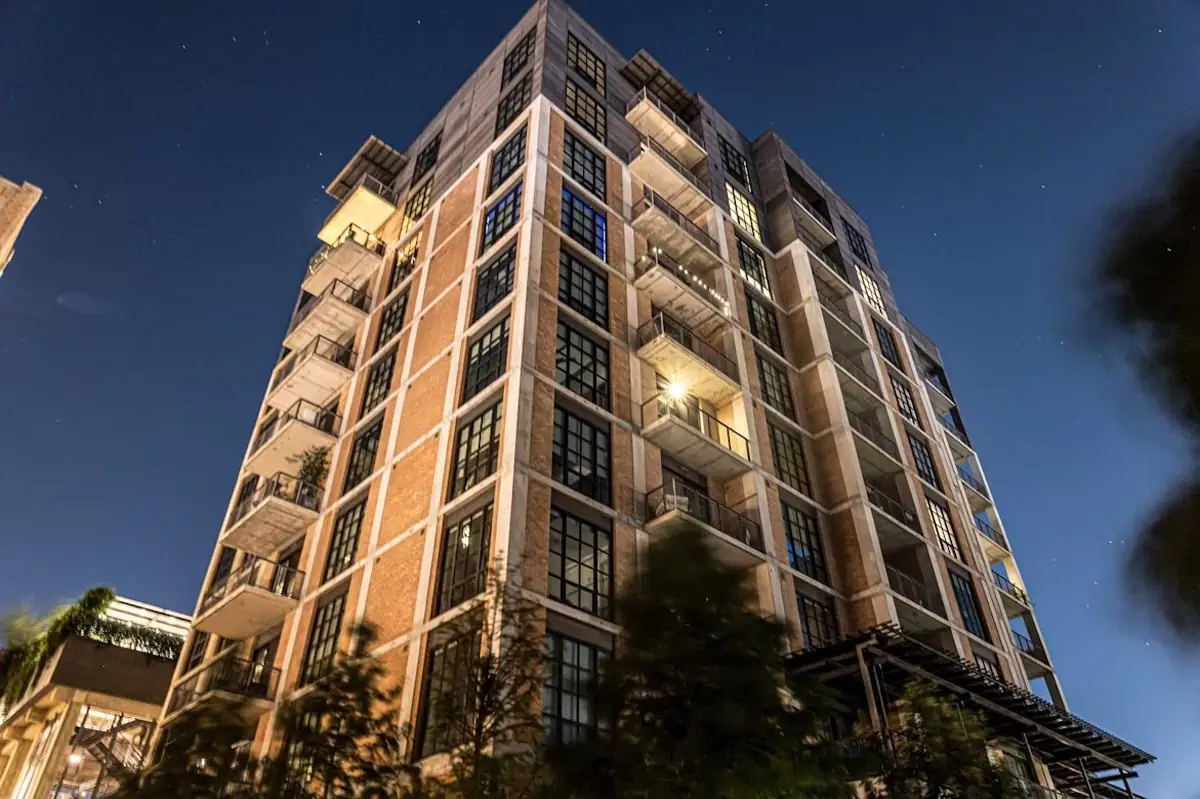So after months of looking through brochures of condos for sale in Manila and talking to real estate agents, you’ve finally found a condo that your housing budget can permit. But do you know that condo fees for new condo owners are not just about monthly amortization? There are other fees that you have to shoulder when you purchase a condominium unit. These fees aren’t really a secret; it’s just that sometime real estate brokers fail to divulge these particulars to unit owners. The brokers fail to point out these fees when discussing the details of the contract, which is unfortunate since these fees and taxes are mandated by the government.
Before you sign up for a commitment that will take 10 years or more to pay off, you have to make sure that you can actually afford to pay the monthly amortization plus the additional fees that come with it. These common condo dues are not exactly cheap although it’s necessary to improve the living conditions in your condo building. Get to know what you have to pay so you won’t be shocked when you receive your statement of account and avoid the common complaints that tenants have in their condo expenses.
What You Need to Know About Association Dues
These are monthly payments that tenants have to make so they can contribute to the operational expenses of the condo building. The homeowners association is the one usually responsible for enforcing these fees. You will automatically become a member of the association once the unit or turned over to you or when the title is transferred to your name. You qualify as a member once you have signed the Deed of Sale for the unit.
The management office of the condo building collects the association dues and other fees shouldered by tenants. The office staff is employed by the developer and they act as caretakers of the building. The staff includes the maintenance and security personnel and they are responsible for making the building secure and that everything is operating as smooth as possible.
How Is It Used?
Your monthly dues cover the expenses needed for the upkeep of amenities in the building. Your money will be used to repair and renovate the playground, swimming pools, and gym. Maintaining the condition and safety of the building requires manpower so your dues will also be used for the salary of the janitors, security guards, and other maintenance personnel. Simply put, your payments will be used to take care of the common areas of the building, which is used by all tenants. A responsible and trusted real estate developer will make sure that association dues are invested on the continued improvement of the building and its facilities.
How Much Do You Need to Shell Out?
There is no fixed or standard amount for all unit owners since payment will depend on the size of your unit, the number of amenities offered by the building, and overall operating costs. For example, a luxury condo building charges PHP 96 per square meter of your unit, VAT charges not included. So if you own a 100-square meter unit, you will pay 9600 monthly, plus tax. So imagine how much your dues will cost if you own a bigger unit. Payments apply as soon as the unit is turned over to you. It doesn’t matter if you move in at a much later date; your scheduled dues will still start on the month of the turnover.
Some developers offer unit owners the option of settling their dues annually instead of monthly. Lump sum payments sometimes merit discounts, which could be equivalent to a month’s worth of association dues.
What Will Happen If You Don’t Pay?
Penalties are applied if you fail to pay your dues. Conditions will depend on the building’s developer. You may be charged as much as 4% for late payments. Consequences for common condo due problems will vary but usually, you will be denied basic utilities such as water and electricity. Since association dues are for the upkeep of amenities, you will be denied the use of these facilities if you don’t settle your payments.
Keep in mind that these fees are taxable. The Philippine government will collect Value-Added Tax from association dues and other fees collected by the homeowners association. Other taxes applicable to your condo purchase are income/withholding tax, documentary stamp tax, and local transfer tax. These should be discussed in detail with your broker.
What Are the Other Fees I May Need to Deal With?
Make sure to ask your broker about the connection charges for utilities. Not all developers will take shoulder connection fees so this can be an additional expense for you. Ask about any arrangements or exclusive agreements with phone, water, cable, and electric companies. Developers may form agreements with certain phone or cable companies that allow them exclusivity to tenants. If you would rather subscribe to other utility companies, you may have to shell extra to have connection, which is another additional expense for you.
If you have a vehicle, be prepared to include parking fees in your list of expenses. Parking slots can be very expensive, especially if there are limited ones available. If you have more than one car, you have to pay for separate slots for each vehicle.
What is the Role of Your Broker in This Situation?
Finding a good broker is essential if you want a straightforward breakdown of your expenses. You should steer clear of brokers who deliberately withhold information in condo financing and do not properly declare all expenses just to close the deal with a buyer. Remember that brokers earn by commission and the more you pay, the more they will earn. You have to find a broker with a good reputation, one who is not known to take advantage of clients.
Majority of buyers assume that condos with the lowest fees are the best deals, which is not always the case. So it’s important that you ask your broker these hard-hitting questions before you sign your name on the dotted line. Ask for a thorough breakdown of fees, even for miscellaneous ones. Sometimes, miscellaneous fees are made up of lumped charges that are actually worth a lot.
Even with all the fees involved, you shouldn't be discouraged to buy a condo unit that you can afford. Remember that these fees are made for a purpose: to make living conditions in the condo building as safe, convenient, and comfortable as possible. It’s important that you become aware of what this will cost so can align it with your condo budgeting.








